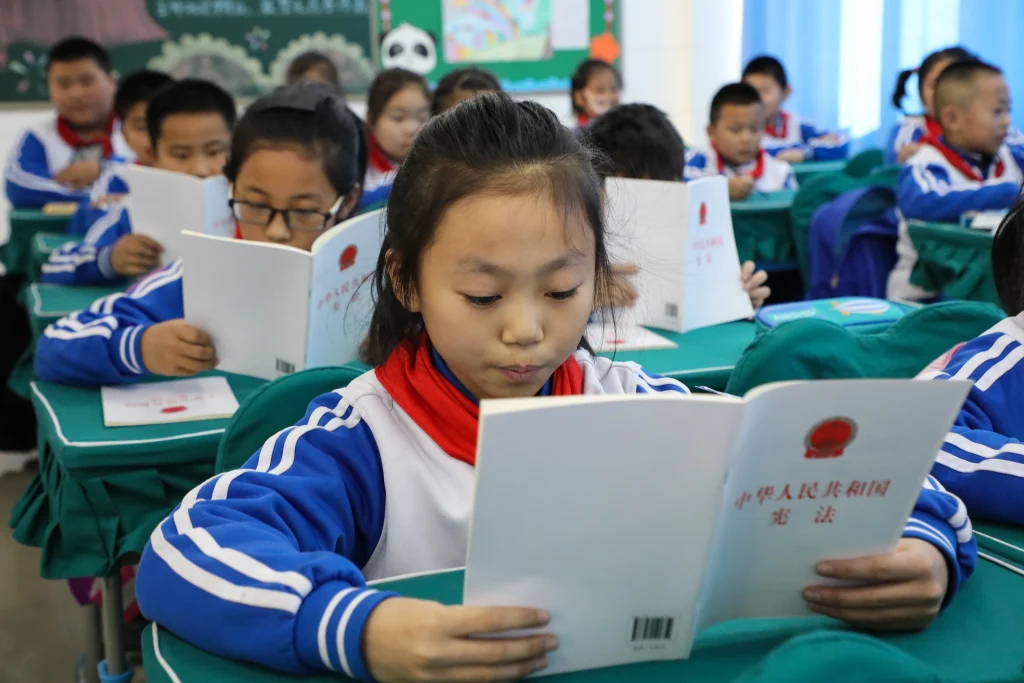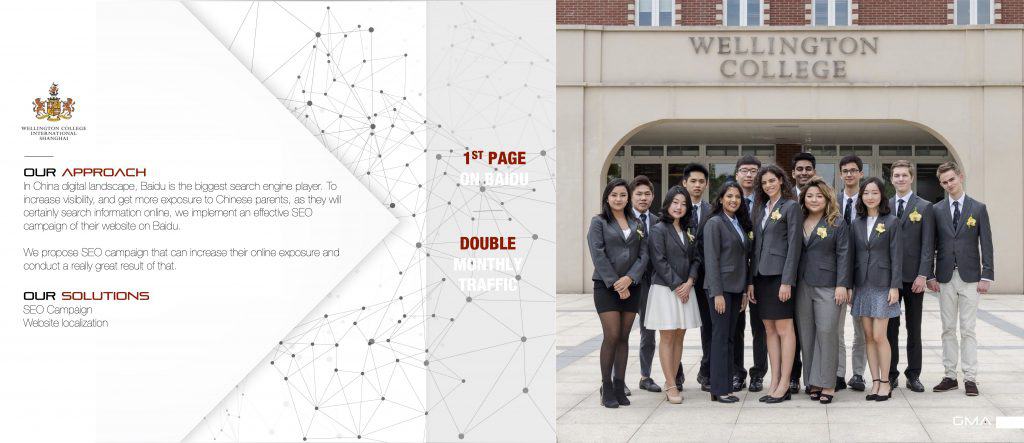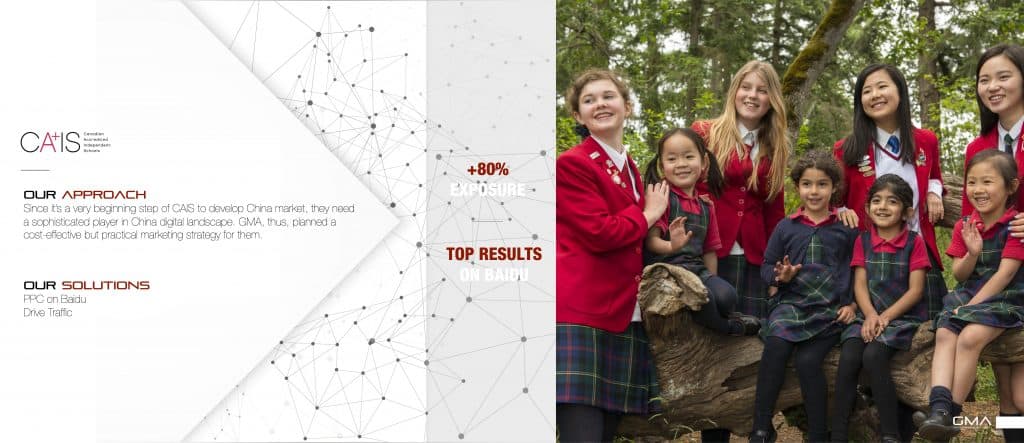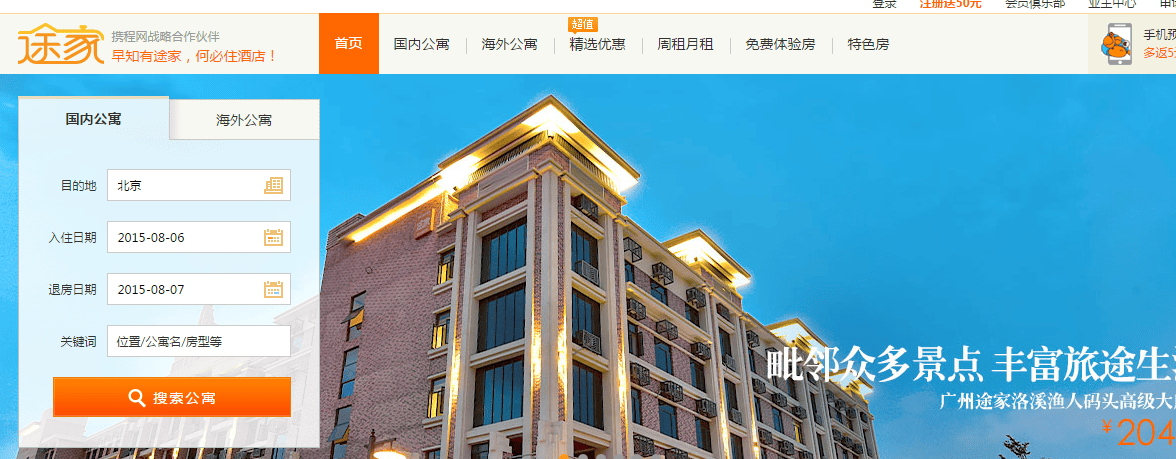Affluent Chinese families value Western education as they believe it builds independent thinking
Sunday’s Bloomberg report by Kanoko Matsuyama stated that wealthy Chinese parents are sending their children to international schools in Japan to receive a Western education at a premium price. read more
In December, international schools in China were compelled to adopt state-approved curriculums. The Communist Party’s ideologically driven desire to instill patriotism and curb disobedience in younger generations has prompted the government to tighten its grip on international and bilingual-private education.

According to a March report by the Hurun Research Institute on international education in China, affluent Chinese families value Western education because they believe it fosters independent thought. This preference has led numerous Chinese parents to send their children to Japan to study.
Manabu Murata, head of Japanese international schools consulting firm Seven Seas Capital Holdings, told Insider, “Chinese families who are familiar with the safe and hygienic living environment in Japan want to send their children to boarding schools abroad as COVID-19 restrictions in Japan loosen and after the educational crackdown in China.”
ISC Research, an educational data provider, told Insider that the growing trend is not limited to Chinese parents. Increasing numbers of South Korean parents are also looking abroad for educational opportunities for their children.
According to ISC Research, there was a 12 percent increase in the number of international school enrollments in Japan between 2017 and 2022. The majority of students enrolled in international schools in Japan are expatriates and students with dual citizenship. ISC Research was unable to confirm the number of Chinese students, but reported that only a small percentage of admissions are filled by local students.

Per the source, total tuition fees from international schools in Japan are projected to reach $979 million this year, a 27.8 percent increase from the $766 million collected in 2017.
In Japan, international schools have been proliferating to meet the rising demand. According to Bloomberg, these include prestigious London schools such as Rugby School, Harrow International, and Malvern College.
Europe is also a nice destination for these wealthy families explained a member of the Chinese business club.
Here are 3 important ways to build your presence, reputation and generate leads for colleges and universities in China
Manage your online reputation
It is essential to manage and maintain the reputation of your educational institution in forums and social media. In the West, forums are a dying breed, but in China they are thriving, and the feedback of others, particularly their immediate friends and peers, is highly valued. Promote positive comments and threads on social platforms and forums to manage your business’s reputation.
The institutions that Chinese students regard as the best are those that their friends, family, and fellow netizens have visited personally. As previously stated, your reputation elsewhere is irrelevant; ensuring the delivery of a high-quality education will result in positive feedback among social circles, thereby bolstering and strengthening your institution’s reputation.
Adapt and tailor content/courses for the Chinese market
It’s crucial to make sure your website is translated into Chinese and optimized for Chinese search engines. There must be a simplified Mandarin Chinese translation of the text.
English, Business, Management, International Relations, and Mathematics are the most popular academic fields on Baidu; if you concentrate on these, more people will visit your website.
Chinese people rarely know about businesses’ reputations outside of China because of the country’s limited internet access, so you’ll need to start from zero and establish the reputation you believe you deserve. Students won’t always choose the greatest academic institution; instead, they will choose the program and setting that best suits their requirements. The presence of a Chinese population, exchange programs, cultural events, and services for students, including Chinese food alternatives and facilities for multilingualism, are key selling elements.
The above elements can be highlighted in your Chinese material; this personalized approach will set you apart and make you highly appealing to potential pupils. Here and here are more resources.
The uniqueness of the course can also be emphasized by including pictures of other Chinese students in your advertisements.
Invest in Search Engines Marketing (SEO/SEA)

Chinese netizens begin their search for information on Baidu, the Google of China and by far the most popular search engine. If your educational program cannot be discovered in China, you are invisible there, regardless of your international renown.
There are two methods to develop your marketing on Baidu: SEO (Search Engine Optimization) and SEA (Search Engine Advertising) (Search Engine Advertising).
Both of these can assist prospective students and parents in locating your website when using specific search terms.
By paying for Baidu advertising, SEA enables your website to appear on the first page of search results. Although expensive, it is an excellent tool for producing immediate traffic with minimal effort. However, because a long-term solution is unfeasible, it is costly and typically produces low-quality traffic and leads. Consider a potential client who is willing to invest significant funds in their children’s education and ask if they will make impulsive decisions based on the first paid link they encounter.
Therefore, SEO (search engine optimization) is a more efficient solution, as it increases your website’s ranking on Baidu so that it appears on the first page of the organic search results. In order to generate quality traffic, essential SEO strategies include keyword optimization, backlinks, and content sharing. SEO requires more time than SEA, but it is a long-term solution for establishing a better online reputation and is ultimately more stable. In fact, the quality search result will remain higher in the rankings and continue to generate traffic even after the campaign has ended.
GMA case study
WELLINGTON COLLEGE INTERNATIONAL SHANGHAI
Founded in 1853, the college represents a living memorial to the Duke of Wellington, sought to deliver an inspirational education for all of its pupils. As the school grew, so too did the identity of those pupils. To provide better international education environment for Chinese students, Wellington needs to have more exposure to Chinese parents, thus, GMA planned a successful campaign for them.

THE CANADIAN ASSOCIATION OF INDEPENDENT SCHOOLS (CAIS)
THE CANADIAN ASSOCIATION OF INDEPENDENT SCHOOLS (CAIS) was established in 1981 as a national network for member schools supporting collaborative initiatives in leadership, education, management and governance. Its key activities included organizing, coordinating, and facilitating conferences, benchmarking, senior management compensation surveys, and advocacy.

Need Marketing Solution to Attract Chinese Students ?
If you are in the education industry and want to attract Chinese students, you can check what we can offer and our case studies.






